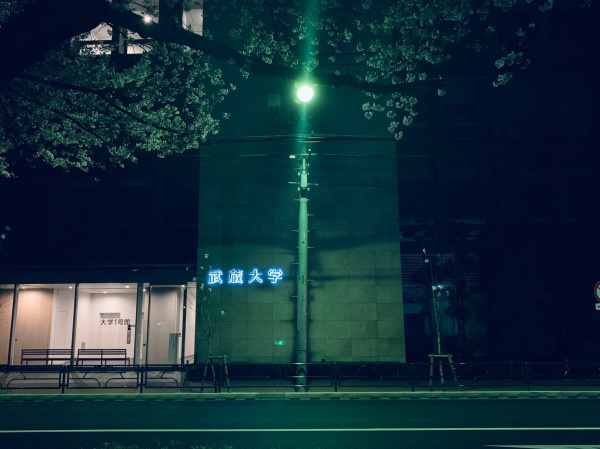人文学部ゼミブログ

2020.11.23
- 人文学部
- 英語英米文化学科
2020: GSC Seminar’s “Virtual” Space Odyssey
ブログ投稿者:Marie Nitta

Imagine that you just went through immigration and customs at the port of entry of a foreign country. After crossing borders, you might find that you are treated differently, and perhaps you behave differently, compared to being with your friends and family back home. You might enjoy your new identity, or you might be shocked by the realization that you are no longer accepted as your previous self. Why does your identity come under scrutiny once you travel across national or cultural borders? What is the relationship between nation-states and identity? In this GSC Seminar (Global Relations), we discuss these questions by reading issues of race, gender, and sexuality from postcolonial, global, and transnational perspectives.
In Spring 2020, my seminar members were supposed to discuss these questions in a cozy seminar room at Musashi University. However, due to the novel coronavirus (COVID-19) pandemic, we were abruptly forced to migrate to an online classroom as a part of global collective experience. In a sense, we were forced to cross a boundary between real and virtual worlds. What changed after crossing this border?
After spending almost half a year in this virtual space, despite losing access to physical resources on campus and the in-person interactions which are normally the foundation for teaching, I found our new space surprisingly productive in several ways. First, let me briefly explain our regular routine. We all read an article or book chapter each week, and discussion leaders raise questions that the rest of the class responds to on Slack (a chat application). During the seminar, we have follow-up discussions in a Zoom classroom. I think this style works well to facilitate active learning and gives us a deeper understanding of the readings from various perspectives. In addition, Slack functions well to share additional information (e.g., links to news sites or journal articles), and it even allows us to express ourselves and cultivate camaraderie by using emoji. Another “positive” side-effect I found so far is that since we have been able to get to know each other well while being at a distance, we are looking forward to the time when we can meet for in-person seminar even more. In the end, our online space journey reminds us of our shared humanity.
I asked seminar members to post their experiences to Slack for first-year students who would otherwise not have the opportunity to consult with upper year students when selecting their seminars:
“This seminar gives you new perspectives to see issues, including gendered and racial prejudice, discrimination against indigenous people, and global education disparities, for which you might find it hard to reach “correct” answers. However, since there’s no one correct answer, you are required to think critically and deeply. You don’t have to be worried too much about how difficult it would be at this point. You’ll learn about the topics and feel your improvement through these fulfilling and meaningful seminars. We learn in a great atmosphere with an awesome professor and other students (even though we haven’t yet had the chance to meet in person). We’re looking forward to studying together with you!!” (2nd year student)
“We had a lot of chances to exchange our opinions and learn from wonderful books. We all know this seminar is a comfortable space, so we can talk while being honest. That makes me easily accept other opinions even if they are opposite from mine. It leads me to explore and gain different and wider perspectives. I sincerely enjoy this seminar and I’m really glad to be one of the members.” (3rd year student)
I hope this gives you an idea of what this space is like and how we have been making the best of a difficult situation. Our learning journey together is, both online and in the classroom, to be continued.
